Arts and Culture
Business Strategy
Collaboration
Technology
Ticketing and Admissions
Article
Success Stories
4d63fa0a-1334-4198-ae05-061b41a920b6
4 min
https://edge.sitecorecloud.io/tessituraneab9a-tessiturane5642-staging-5396/media/Images/Licensee-Photography/Photos_768x465/ROHTheNutcrackerGaryAvisasDrosslemeyer768x465.jpg?h=465&iar=0&w=768
How Tessitura serves some of the largest — and smallest — opera houses in the UK
Across the Scale: from Grange Park Opera to the Royal Opera House
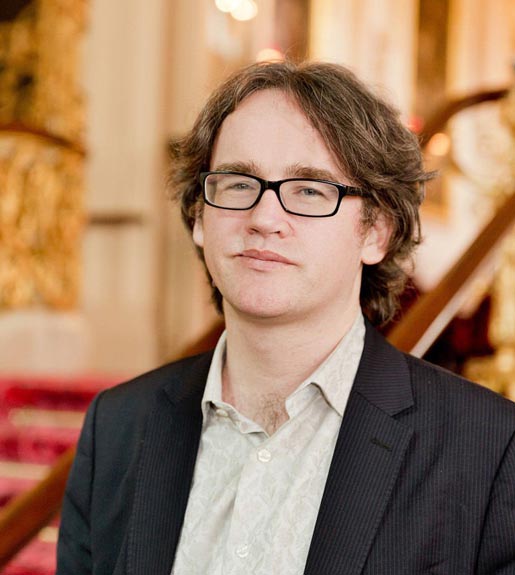
Chief Technology Officer, Royal Opera House
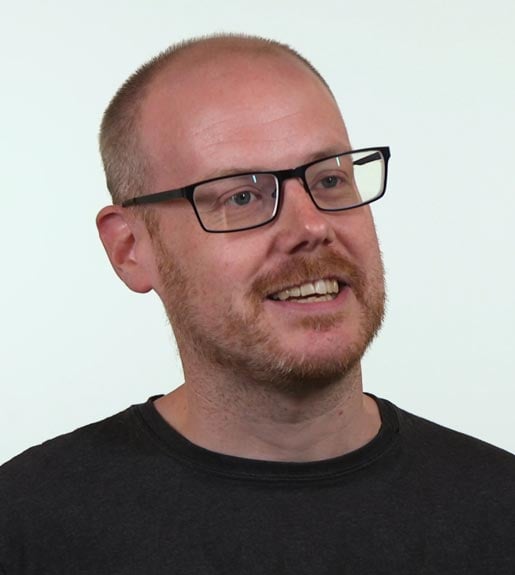
Business Intelligence Manager, Grange Park Opera
Across the Scale: from Grange Park Opera to the Royal Opera House
4 min
Does size matter?
When searching for a new system to handle such essential functions as ticketing, fundraising, CRM, and more, it’s important to think about scale. Large organisations need to make sure a system can perform well with high volume, especially during important on-sales. Small organisations need to make sure systems have the functionality they need yet are easy for their smaller staffs to manage.
One of the UK’s largest arts organisations is the Royal Opera House, where the Royal Ballet, the Royal Opera, and the Orchestra of the Royal Opera House all perform. “We do operate at a large scale,” says Joe McFadden, Chief Technology Offer. He notes that over 640,000 paying audience members came through the venue last year, and more than a million experienced the company’s live opera broadcasts.
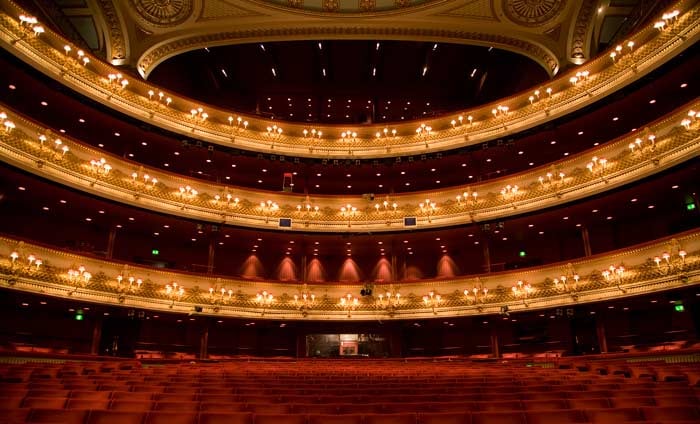
Royal Opera House. Photo by Dominik Klimowski
At that scale, Joe says, it’s critical to manage “the customer facing experience, both in our venue and online.” Tessitura is an essential part of that work: he describes the “enterprise-wide” system as “one of our key tools.”
“It is embedded and threaded through the whole organisation,” he says, not only for managing tickets, subscriptions, memberships, marketing, and front-of-house operations, but also for the learning participation team. In addition, senior management rely on the analytics that Tessitura provides to track the organisation’s activities over time.
Tessitura “is embedded and threaded through the whole organisation.”
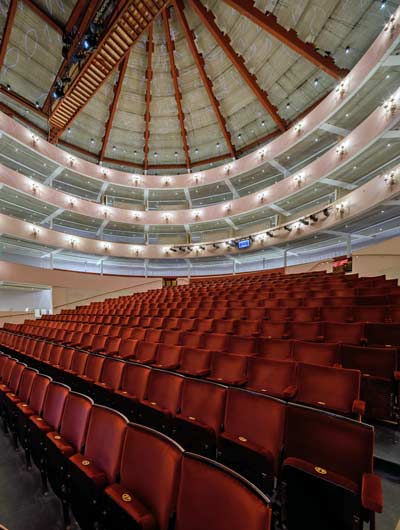
Grange Park Opera
At the other end of the scale is Grange Park Opera, one of the smaller opera companies in the UK with around 12 full-time staff members. “We’re a really small company,” says Business Intelligence Manager Chris Campbell. “Tessitura has been very good for us, because we don’t have the resources to manage many different systems.”
Campbell continues: “I’m very glad that we don’t have a separate fundraising database with separate ticketing system, and separate tools for all of the different things that we do. Tessitura really is a one-stop shop for all of that.” That consolidation “makes it a lot easier to manage than having several different systems that don’t talk to each other.”
Joe McFadden agrees. Speaking from his perspective as CTO, he notes: “Generally, you want to move to platforms which can do more for you, and Tessitura absolutely ticks that box. It’s a Swiss army knife, allowing us to do more with less.”
“It’s a Swiss army knife, allowing us to do more with less.”
Tessitura-powered organisations have more than a powerful enterprise platform. They become a part of the Tessitura community, which brings together organisations of all sizes and genres. “One of the best things about Tessitura is the genuine sense of community,” says McFadden, “and the opportunity to share experiences and learn lessons in both directions.
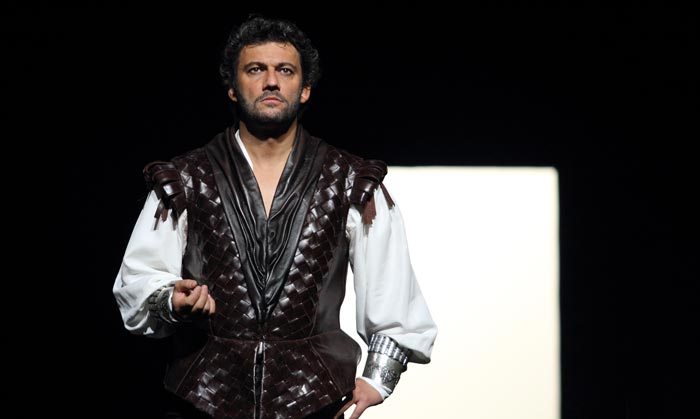
Jonas Kaufmann as Otello in Otello. © 2017 Royal Opera House
Joe notes that, despite what one might expect, “That’s not always the large organisations sharing their wisdom with smaller organisations.” Those in large companies “can learn a lot from the smart people in smaller organisations. But the fantastic thing is, it really is a community and a family. People are incredibly welcoming. If you’re a small organisation coming in, larger organisations in your area or in your art form will always be there to help you.”
“One of the best things about Tessitura is the genuine sense of community.”
Chris agrees. “If you take something like the GDPR: we weren’t alone. The community aspect of Tessitura meant that we were able to share our experiences, and our frustrations, and our solutions with each other. That was invaluable.”
Chris reflected, “In my career, I’ve worked with a variety of different organisations, from as large as the Southbank Centre, to small-to-mid-size venues, and then to Grange Park Opera,” the smallest. Each of those venues has been using Tessitura for a number of years. “In each venue, I’ve seen the same benefits that are brought to the organisation.”
“To have one system with a unified customer view” is essential, Chris says. “Everybody in the Tessitura Network, and every arts organisation, shares the same goals. We want customer excellence. And that’s as true for small organisations as it is for large.”
“Everybody in the Tessitura Network shares the same goals. We want customer excellence. And that’s as true for small organisations as it is for large.”
In order to reach those goals, he notes, “We need the tools. Tessitura is a great suite of tools for all of those things. It’s been invaluable for that.”
Topics
Arts & Culture
/Business Strategy
/Collaboration
/Technology
/Ticketing & Admissions
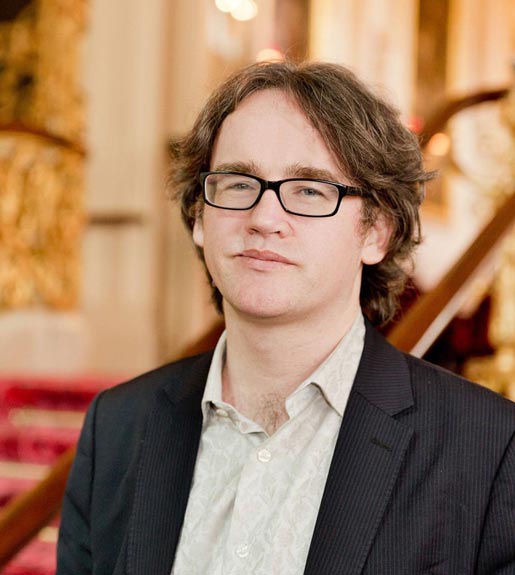
Joe McFadden
Chief Technology Officer
Royal Opera House
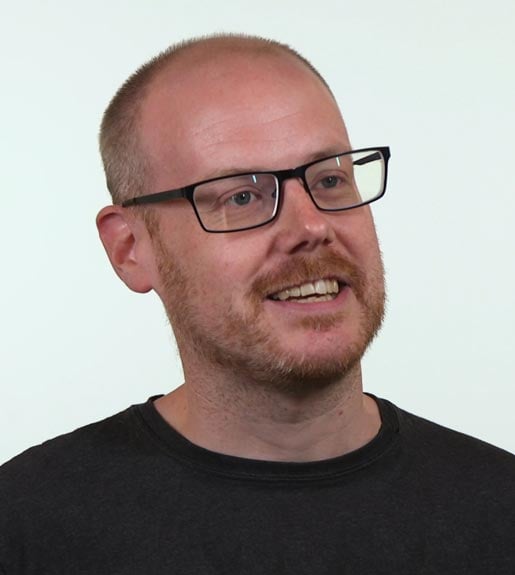
Chris Campbell
Business Intelligence Manager
Grange Park Opera

ZACH Theatre | Success Story
Business Strategy / COVID-19 / Customer Service / Ticketing & Admissions
How the ZACH Theatre is bringing back audiences — safely

Free ticketing, new opportunities
Arts & Culture / Customer Service / Museums / Ticketing & Admissions
How Science Museum Group grew engagement and enhanced the visitor experience
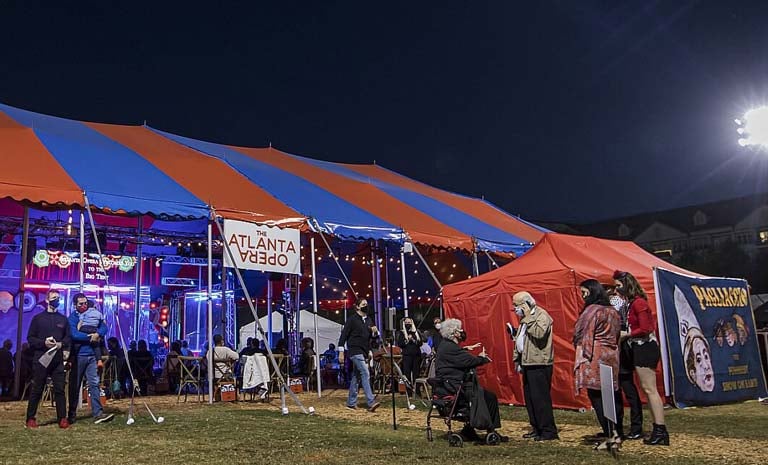
Keeping Live Audiences Safer
COVID-19 / Customer Service / Digital / Ecosystem Partners
Atlanta Opera and Appscension collaborate on digital health check surveys